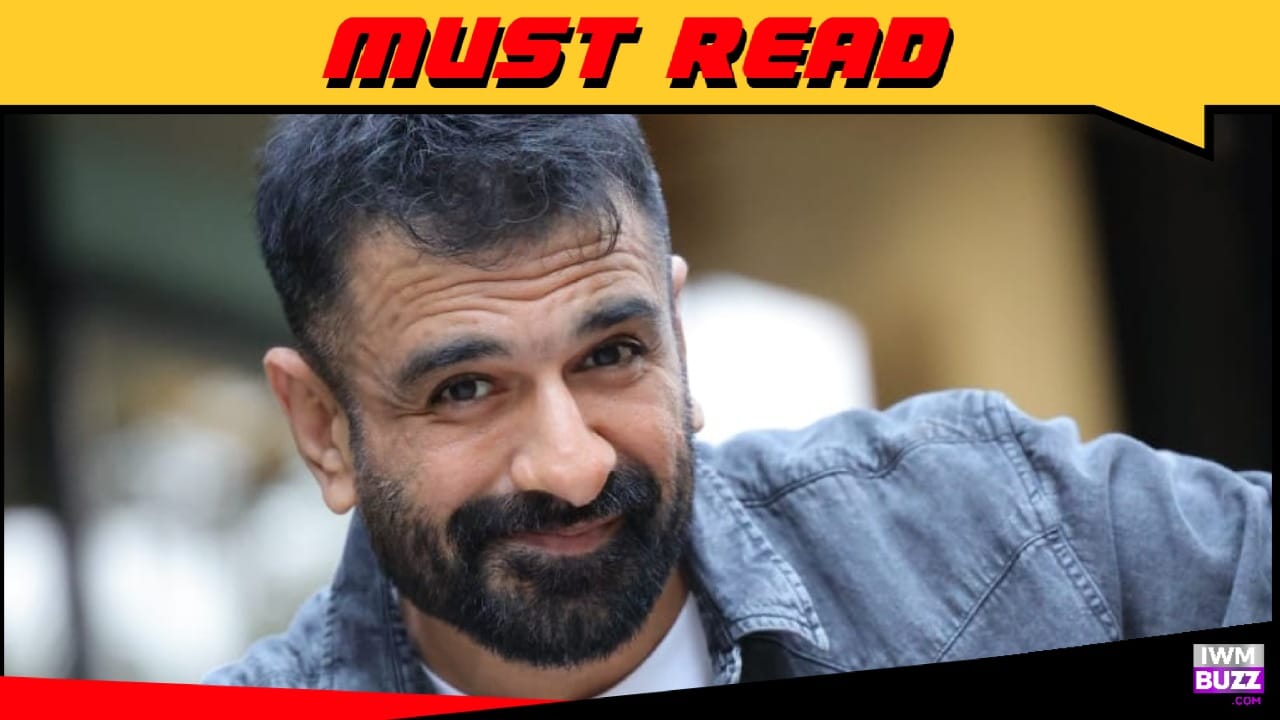Eijaz Khan, known for his roles in Jawan, Tanu Weds Manu, Dhoom Dhaam, and the acclaimed web series City of Dreams and Adhrishyam, speaks candidly about the dangers of tobacco use and the cultural perceptions that normalise it. On World No Tobacco Day, the actor reflects on what needs to change—from messaging to personal responsibility.
“There are videos and advertisements of people suffering due to tobacco use. I think they do leave an impact, especially on someone who’s deciding whether to pick up a cigarette or say no when offered one. But we cannot just put disclaimers and expect impressionable minds to make the right decision. We need to lead by action,” says Eijaz. “You cannot show a cigarette ad in one frame and follow it up with a disclaimer against it. That’s sheer hypocrisy.”
When asked about the popularity of hookah despite bans and awareness drives, Eijaz admits the problem goes deeper than enforcement. “I think that’s a societal problem. People believe hookah is less harmful and more fun than cigarettes. Most of the hookah parlours are banned, but many still work underground because of the unholy nexus. The biggest issue is the flavours—the candy, bubblegum, mango—they mask the real harm these things have on health.”
Eijaz believes public figures have a major role in shaping perception and that the idea of hookah being “cool” is misguided. “This belief that hookah is less dangerous is dumb. We have a lot of public figures who preach a healthy lifestyle, but no matter how much we do, it’s not enough. We need to show strength and ultimate coolness without this harm. Rebel with creativity, not self-destruction. And don’t pretend to be anti-tobacco and then smoke or vape behind the scenes.”
Looking back on his own teenage years, Eijaz shares a personal reflection. “I know I don’t smoke now, but I did in my teenage years. It was misdirected teenage angst. The problem is that smoking is just a sad illusion of cool. There’s nothing cool about needing a poison to feel accepted.”
Eijaz points to how normalised smoking has become in public spaces and media. “The visibility of everyone smoking around us has desensitised us. We see it in films, on social media, from people who influence the youth. But what we show in public isn’t the whole truth. We don’t show the cancer wards or the problems that come with this useless rebellion. It’s not about gender—it’s about public display masked as freedom.”
On the subject of smoking on screen, Eijaz expresses concern. “I have strong reservations about it. Art reflects society, sure, but one should not glorify a habit that kills. If the story demands it, fine—I have smoked on screen—but there has to be a full arc. You cannot romanticise someone taking a puff and then skip the consequences.”
He feels the current warning messages in films and web series are not enough. “It’s the bare minimum. It’s like putting a band-aid on a bullet wound. Some people might be discouraged, but more awareness is needed. The ads before movies or smoking scenes help a bit, but I know it becomes cumbersome for directors. Still, what can one do?”
Eijaz’s straightforward views serve as a reminder that changing the narrative around tobacco starts with honesty, on screen and off it.


